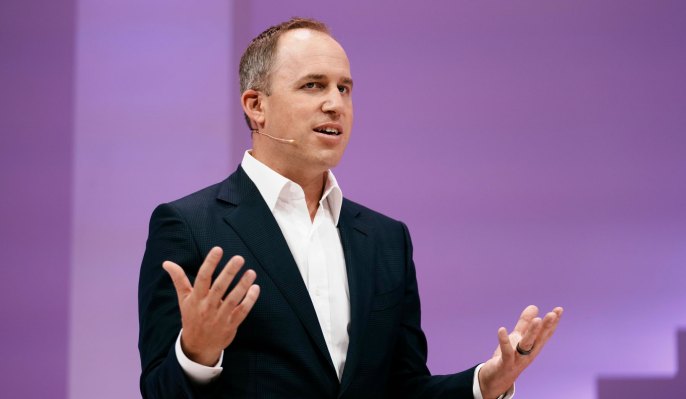
Usually being a board chair is a job that involves running some meetings and pushing through routine company business, but when Bret Taylor became Twitter board chair last year, he was getting a lot more than he bargained for.
Taylor was promoted to the job in November 2021, the same day Jack Dorsey resigned as CEO. That in itself was an inauspicious start, and it would only get rockier.
As though that weren’t enough for one person to take on, he was also promoted to co-CEO at Salesforce in the same week. It seemed like a good thing at the time, helping run two of the most influential tech companies out there, but the situation with Twitter quickly devolved.
By April, Elon Musk bought a 9.2% stake and demanded a board seat before backing off that and making a $43 million offer to buy the company outright. It’s been a roller-coaster ride ever since, with the board accepting the offer, then Musk trying to back out, the board initiating a court case to force him to go through with it, and finally Musk taking over this week and promptly dissolving the board under the terms of the merger agreement.
That’s quite a ride by any measure, and after all that, who would blame Taylor for being anything but relieved that the gig was over.
Truth be told, the board chair gig probably took up a bit more of his attention than he had anticipated when agreed to take the job. But now Taylor can devote himself, fully unencumbered, to his day job being co-CEO at Salesforce, leading the CRM giant with co-founder, chairman and co-CEO Marc Benioff.
Meanwhile, Salesforce has been having some issues of its own, with its stock price down 34% this year. To be fair, just many SaaS stocks are down double digits this year, but it has left it vulnerable to activist investors.
And earlier this month, Starboard Value took an undetermined stake in the company with plans to work with Salesforce to increase its value. That’s enough of a headache to deal with without another job gnawing at your consciousness, especially one that involved the mercurial Musk.
The company also announced big plans to reach $50 billion in revenue by FY2026, which pleases investors, even Starboard, but they want to see the company increase growth and profitability.
In its most recent earnings report at the end of August, the company reported revenue over $7.7 billion, putting it on a run rate over $30 billion, but that’s a fair distance from the stated goal of $50 billion in about two and a half years.
It wasn’t that long ago that $20 billion was the goal, so I wouldn’t put it past them, but it’s going to take focus to get there, and being involved in the Twitter saga could have been an unnecessary irritant pulling Taylor away from this central task.
The bottom line is Taylor has a lot going on. He is co-leading a company with over 70,000 employees with activist investors breathing down the company’s neck. Getting let go by Elon Musk frees him to devote his full attention to Salesforce. And that might not be a bad thing.

